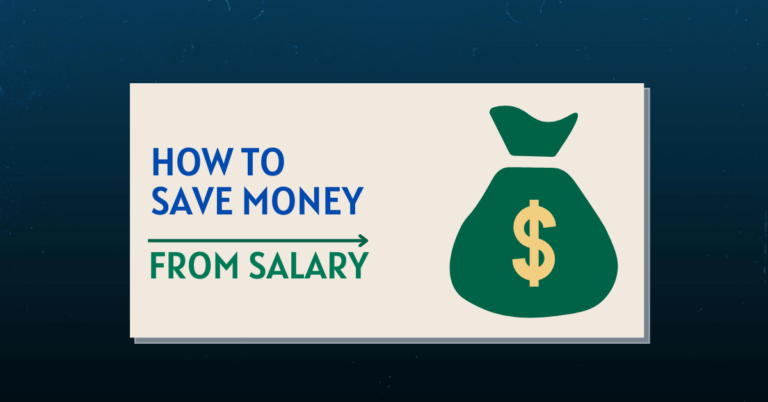Signs of a Toxic Relationship: How To Move Out
A toxic relationship is harmful to both persons involved. This relationship can be emotionally and physically damaging. It is important to know the signs of a toxic relationship and when to move out of it.
Signs You’re in a Toxic Relationship
There are many signs that you may be in a toxic relationship. If you find yourself constantly arguing with your partner or not feeling connected then watch out for the signs below.
1. You’re always walking on eggshells
When you’re in a toxic relationship, it can feel like you’re always walking on eggshells. You’re constantly worrying about saying or doing the wrong thing and upsetting your partner.
It’s an exhausting way to live, and it can put a strain on even the strongest relationships.
If you find yourself walking on eggshells all the time, it’s important to talk to your partner about it. Otherwise, the tension will only continue to build until it explodes.
2. Constantly being blamed for everything
It can be really frustrating when you’re constantly being blamed for everything. It can make you feel like you can’t do anything right, and that your partner is always angry with you.
If this is something that’s happening in your relationship, it’s important to try to talk to your partner about it. Maybe there’s something going on that you’re not aware of, and they’re taking their frustration out on you.
3. Never feel good enough
Your partner is always putting you down, making you feel like you’re not good enough. You start to believe them, and pretty soon, you start to think that maybe they’re right. Maybe you really are worthless and unlovable.
You might start to believe that you’re not good enough for your partner, that you’re not worthy of their love. This can lead to a downward spiral of self-doubt and insecurity. You might start to question your worthiness as a human being.
4. Always feeling guilty
When you’re in a toxic relationship, you might feel like you can never do anything right. Your partner is always finding fault in you, and no matter what you do, you can’t seem to make them happy. This can leave you feeling guilty all the time.
You might feel guilty for things that are actually your partner’s responsibility, or for things that are out of your control. You might even start to believe that you’re really not good enough for your partner. This can be a very damaging way of thinking, and it’s important to remember that it’s not true.
5. Always a threat of violence
Toxic relationships are always a threat of violence. If you are in a relationship with someone who is abusive, you are at risk of being a victim of violence. Abusive partners often use violence as a way to control and intimidate their partners.
Checkout This Post: 5 Surprising Facts Why Relationships Fail
The Effects of a Toxic Relationship
The effects of a toxic relationship can be far-reaching and long-lasting.
1. Mental health
Toxic relationships can take a toll on your mental health, you may find yourself feeling anxious, depressed, or even suicidal.
2. Physical health
When you’re in a toxic relationship it can lead to physical symptoms like headaches, chest pain, fatigue, and difficulty sleeping.
In fact, one study found that people in toxic relationships are more likely to report experiencing health problems.
3. Social life
A toxic relationship can have a negative effect on your social life. It can be difficult to maintain relationships with friends and family.
It can isolate you from your support system. This can make it difficult to cope with the stress of the relationship and can lead to further problems.
Read This Post: How To Reduce Stress & Anxiety: 7 Simple Ways
How to get out of a toxic relationship
When you’re in a toxic relationship, it can be hard to see a way out. You may feel like you’re stuck, or like things will never get better. But there is hope. If you’re ready to make a change, here are some steps you can take to get out of a toxic relationship:
1. Talk to Someone who can help
It can be difficult to see clearly when you’re in the middle of a toxic situation. Talking to a counselor, therapist, or trusted friend can help you gain perspective and start to see your options.
2. Set Boundaries
Set boundaries with the person who is causing toxicity in your life. You may need to limit or end contact with this person in order to protect yourself. This can be difficult, but it’s important to remember that you have a right to set boundaries and prioritize your own well-being.






